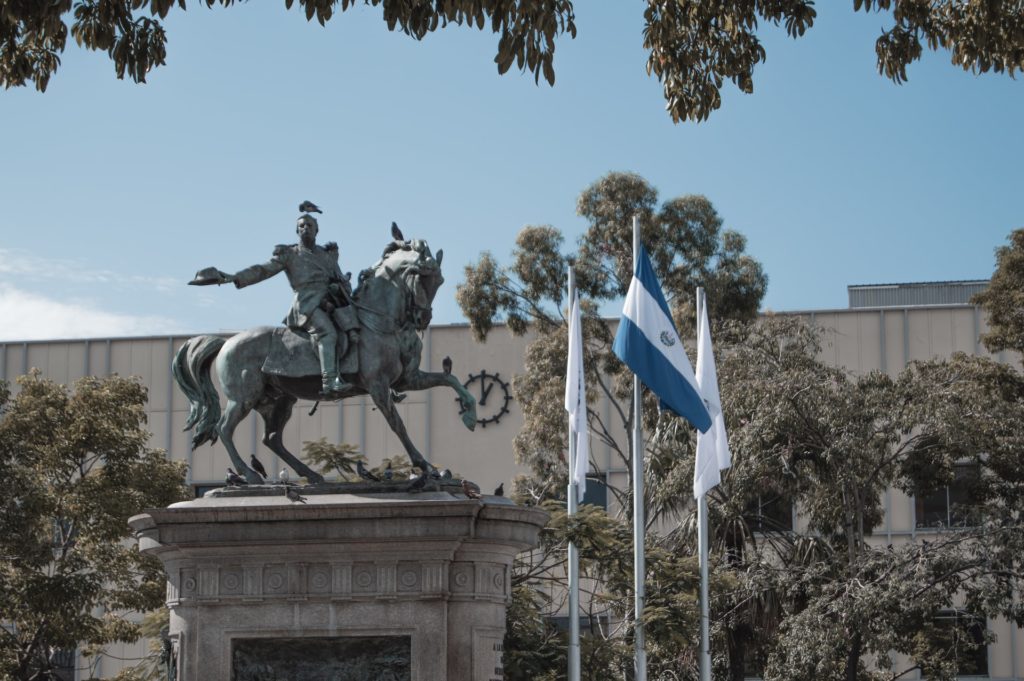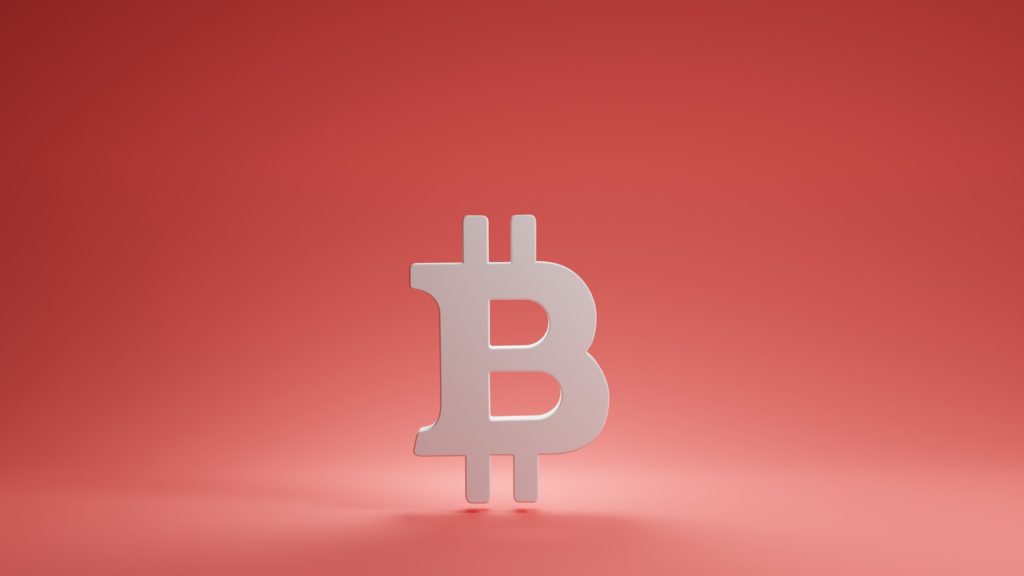Table of Contents
El Salvador was the first nation in the world to acknowledge Bitcoin as a form of legal tender exactly a year ago today.
It was an experiment that was met with criticism from organizations such as the International Monetary Fund (IMF), as well as protests in the streets; however, President Nayib Bukele shrugged off these concerns and expressed his determination to transform the economy while simultaneously increasing financial inclusion.
Over the course of the past year, a great deal of progress has been made. The price of one Bitcoin was $52,000 on September 7, 2021, the day the Bitcoin Law went into effect. At that time, the law had just been passed. Since then, it has dropped by 63%.

And despite the fact that the nation in Central America has been working hard to increase its own Bitcoin reserves — spending a total of $103.9 million to purchase 2,301 BTC — it is currently sitting on a loss of $60 million.
Given Bitcoin’s propensity for wild price swings, it was probably unrealistic to think that the most valuable cryptocurrency could ever be put to use as a regular method of transaction because of its inherent instability. In spite of this, it has been pegged to the value of the United States dollar, and it can now be used to make purchases at places like McDonald’s and Starbucks. According to the data, 86 percent of companies have never participated in a Bitcoin transaction.
On the ground, it appears that many consumers in El Salvador are still unaware of what Bitcoin is and the potential benefits it brings when it comes to remittances. This is despite the fact that Bitcoin has been around since 2009. Carlos Acevedo, a former head of the central bank of the country, recently stated in an interview with Bloomberg:
“No one here really talks about Bitcoin anymore. It’s not a topic of interest.”. It is almost as if it never happened. I’m not sure if you’d call what happened there a failure, but it most certainly hasn’t been a successful endeavor.”
A local pollster who has been gauging the impact of the Bitcoin Law on consumers has issued the following warning: 71.1% of respondents said it did nothing to improve their family’s financial situation as a result of the law.

“If you go to any market in El Salvador, you will have a greater chance of being insulted than you will have of finding a vendor who will accept Bitcoin as payment for their goods or services. That is not something that most people do on a regular basis.”
In point of fact, according to the data provided by the central bank, only 2% of remittances have been sent using crypto wallets. This suggests that Bitcoin has not yet made a significant dent in the lucrative market for the transfer of money.
Bitcoin supporters have argued time and time again that this digital asset can make transactions significantly more affordable, which allows customers to keep a larger portion of the money that is sent back to them by workers overseas. In addition to this, it is also possible that it will be a great deal quicker, especially when compared to the time it takes banks to process a transaction, which can be several business days.
The Challenges That Lie Ahead
You could make the case that El Salvador’s bet on Bitcoin has been a beneficial thing based on other metrics. The officials of the government point to the ways in which their pro-crypto policies have fostered business investment, provided a much-needed boost to the tourism industry after the pandemic, and attracted blockchain firms to set up shop in the country.

It is reasonable to suggest that the implementation of the Bitcoin Law may have been carried out in an overly hasty manner, particularly when one takes into account the fact that Bukele had announced it just three months earlier to much fanfare at the Bitcoin 2021 conference in Miami.
Even though paper losses of $60 million are not exactly something to brag about, Finance Minister Alejandro Zelaya is correct when he says that this alone will damage the economy of the nation.
What is still up in the air is whether or not Bukele will be successful in achieving his other goals with Bitcoin. The nation had previously made public their intentions to issue what are being called “Volcano Bonds,” with the goal of collecting one billion dollars.
The other half would be put toward the development of Bitcoin-related infrastructure, while the first half would be invested in Bitcoin. The rollout has been repeatedly postponed due to the current state of the market (at the moment, they are scheduled for later on in this year), and some skeptics believe that they will never launch at all because there is not sufficient interest from investors.

And when the market was at its most bullish a year ago, the president shared with the crowds his vision of creating Bitcoin City, which would be a city at the foot of a volcano that would be entirely devoted to Bitcoin and its associated technologies. Although there are few indications as to when construction will begin, the government has recently set aside $203 million to improve the area that is home to Bitcoin Beach.
Nayib Bukele’s Twitter profile picture featured laser eyes until very recently. This is a move that is used to signify you are bullish on crypto, and it was also included in his bio, along with the hashtag #bitcoin. However, both of these nods to BTC have been largely ignored as of late, most likely because the president is preoccupied with much more pressing issues.
El Salvador has declared a state of emergency in response to an uptick in the number of gang-related homicides, and just last month, the head of the country’s police force disclosed that an astounding 50,000 individuals suspected of belonging to gangs have been detained since March. The International Monetary Fund has decided against extending a loan to El Salvador in the amount of $1.3 billion, and several credit rating agencies have downgraded the country’s credit standing.
It Didn’t Take a Day to Build Rome
It would be a radical step to recognize Bitcoin as a form of legal tender. It was unrealistic to assume that each and every customer would begin using this cryptocurrency on the very first day because there were inevitably going to be some growing pains in the process. However, whether or not Bukele will be vindicated depends on whether or not the number of children adopted in the country continues to rise and whether or not his investment begins to yield returns.

Samson Mow is an entrepreneur who is interested in the adoption of Bitcoin at the national level. Currently, he is collaborating with El Salvador to develop digital infrastructure through his company, Jan3, which is working with the country.
Back in May, while speaking at CoinMarketCap’s The Capital conference in the metaverse, Mow admitted that the Bitcoin Law could be overturned by a future government, which would mean that BTC would once again be relegated to the status of an inferior form of legal tender. He compared the nation to “patient zero” and said the following:
“If Bitcoin succeeds in bringing benefits to El Salvador, it is highly unlikely that another El Salvadoran government will repeal the law and ban Bitcoin after ten years.” They will observe the outcome of it. The use of Bitcoin will be deeply ingrained in their culture, and it will continue to play an important role in their economic system.”
During the upward trend that Bitcoin experienced in 2017, there was intense speculation regarding which nation would be the next to adopt Bitcoin as a form of legal tender, following in the footsteps of Japan. Up to this point, only one other country, the Central African Republic, has taken the plunge.
After one year, it is highly unlikely that many countries have been inspired by El Salvador to embrace Bitcoin (BTC). El Salvador is a pioneer in the cryptocurrency space. Despite this, there are indications that consumers in some of the economies that have been hit the hardest are turning to cryptocurrencies as a means of protecting their wealth as inflation rates rise.
When it comes to its wager on Bitcoin, El Salvador is obviously playing the long game, and there is no indication that the country intends to make a U-turn in its strategy any time soon. It might be a bit harsh to pass judgment on the success of this experiment after only one year, given that the boom and bust phases of this digital asset tend to occur in cycles that last for four years each. By the year 2025, it will be significantly more obvious whether the Bitcoin Law was a brilliant idea or a complete and utter failure.
Disclaimer: The opinion expressed here is not investment advice – it is provided for informational purposes only. It does not necessarily reflect the opinion of EGG Finance. Every investment and all trading involves risk, so you should always perform your own research prior to making decisions. We do not recommend investing money you cannot afford to lose.
 English
English Français
Français Español
Español Bahasa Indonesia
Bahasa Indonesia 中文 (中国)
中文 (中国) Русский
Русский Português
Português Deutsch
Deutsch

